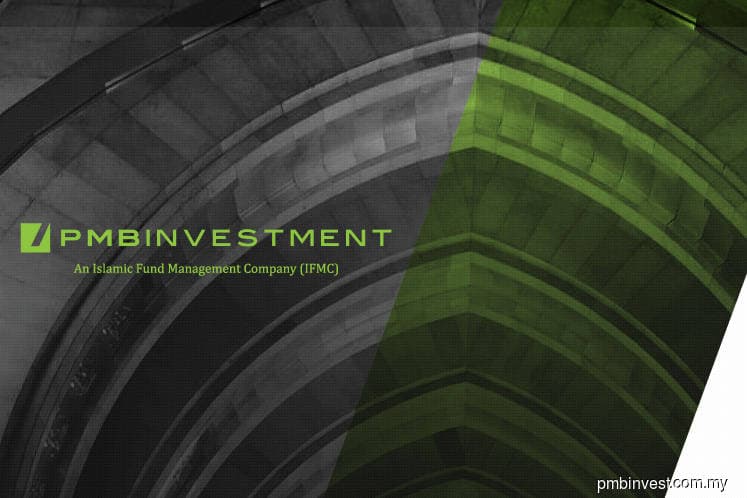
KUALA LUMPUR (March 15): Oil and gas (O&G) and construction are the sectorial themes for PMB Investment Bhd's equity investment strategy this year, amid improving prospects underscored by Petroliam Nasional Bhd's (Petronas) significantly higher earnings last year.
The technology sector had been the focus of PMB's investments last year, its chief executive officer Najmi Mohamed said.
At a media conference today, he said the Islamic fund management firm intends to increase its exposure to O&G given Petronas' encouraging financial performance for the year to end December when it doubled its profit attributable to shareholders to RM37.66 billion, with revenue rising for the first time in three years to RM223.62 billion.
Significantly also, the national oil company plans to increase its capital expenditure to around RM55 billion this year from RM44.5 billion last year.
"I think Petronas too, sees an increase in contract awards to the players," said Najmi. "(The) Crude oil price has also stabilised, and (it) has maintained at the US$60 levels so far."
Najmi revealed PMB had also increased its investments in construction, noting based on the Construction Industry Development Board's figures, the sector attracted some RM300 billion in contracts last year; some of the big ticket projects include the MRT3, East Coast Rail Link, and Pan-Borneo Highway.
There will be "losers" as a result of PMB's portfolio shift, and these include media and cement-related stocks.
"The returns expected are not there [at the level we want]," said Najmi, adding PMB had "pared down a lot" of its exposure in the sectors.
"We don't stay away permanently, but for media companies, the decrease in circulation as well as reduction in advertising revenue is very obvious."
On the cement sector, he observed a price war among the players. "[Selling] price is already low. Everyone wants to have a share in the industry. They are cutting costs, but also cutting the [selling] price," he said.
Touching on the capital market, Najmi said PMB had centred on five key themes: the strengthening of the ringgit; GE14 "plays"; China's One Belt One Road initiative and rail theme, as well as China-related stocks; the transformation of Permodalan Nasional Bhd companies; and small- and mid-cap companies.
PMB expects the stock market to stabilise in the second half after GE14 with an upward bias. "Based on our observation, over the last five GEs, only once did the market decline [immediately] post-election," Najmi observed.
PMB is projecting a year-end target of 1,900-1,920 for the FBM KLCI.
The fund management company plans to launch its first international unit trust fund — dubbed PMB ASEAN Star — in the second quarter of the year and is targeting an initial US$30-50 million.
Because of their greater liquidity, the fund intends to target Malaysia, Singapore, Indonesia, Thailand, and the Philippines for starters.
Although other countries such as Vietnam have syariah-compliant equities, Najmi said, "the value is small, making it inconvenient for trade."
Excluding the upcoming ASEAN Star, PMB manages 14 unit trust funds, two wholesale funds and several other portfolio mandates, all of which are invested locally. Some 80% of its assets under management (AUM) are invested in equities and sukuk.
Presently, there are some RM77 billion worth of syariah-compliant funds being managed in Malaysia.
PMB manages about 1.3% of that — its total AUM stood at RM1.04 billion as at end-February, and it plans to add another RM850 million by year end.
PMB also announced the performance of five of its best funds under management, with a rate of return ranging between 23% and 33% for the year ended Dec 31, led by PMB Shariah Small-Cap Fund and PMB Shariah Growth Fund. The latter topped 57 funds under the Equity Malaysia category.
Three-year returns for the five funds ranged between 36% and 56%.
Over a five-year period, the PMB Shariah Aggressive Fund ranked first in the Lipper list providing a 112% return, while the lowest return among the five funds was 45%.